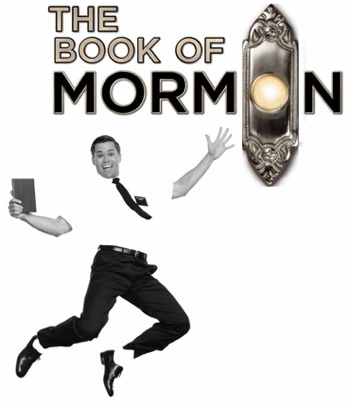John Roberts: women's rights crusader?
The Supreme Court heard arguments today for the Wal-Mart class-action gender discrimination suit. Some of the justices were questioning whether the women in the suit, Wal-Mart employees who say they've been underpaid and passed over for promotions in favor of their male co-workers, have enough in common with each other to all be part of the same suit. It's a reasonable question: there are many thousands of women in the suit, a few hundred of whom are the store managers who would have made the decision to underpay their female employees.
Whatever the Supreme Court decides, the case shines a light on the recalcitrant issue of equal pay for equal work, a central issue in women's organizations and labor groups for many decades.
But at today's hearing, a surprise supporter of pay equality may have stepped into the spotlight: Chief Justice John Roberts.
In looking at statistics about men's and women's pay at Wal-Mart, and men's and women's pay nationwide, Roberts asked, "Is it true that the Wal-Mart pay disparity across the company is less than in the nation?"
The lawyer for the plaintiffs replied that comparing Wal-Mart pay statistics to national statistics wasn't relevant, which I think is code for "Wal-Mart's pay gap is actually smallerthan the rest of the country's."
But did you see what Justice Roberts did there? By asking that question, he might have made the case for the Wal-Mart employees just a little bit harder, but he's really saying this: "Hey, look, people, the real question here isn't why is Wal-Mart, the world's largest employer, underpaying its female workers. It's this: why are women EVERYWHERE making 77 cents on the male dollar? Why do men get paid more than women even within female-dominated occupations? Equality now, my sisters! Bring the justice!"
Senator Hillary Clinton re-introduced the Paycheck Fairness Act in 2007; it's been brought up year after year with no success. Going after Wal-Mart and other discriminatory employers is important, but it's going to be a lot easier to do that when the laws are better.
